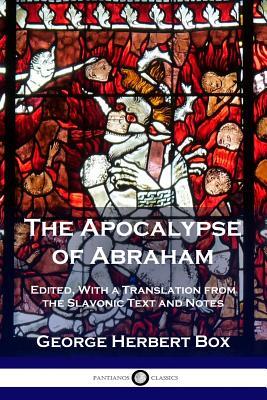George Herbert Box discusses here a pseudepigraphic work of the Old Testament; the Apocalypse of Abraham.
A prime example of the early apocalyptic literature, no copies of this document survives in Hebrew, Greek or other ancient languages. Although the original manuscript is dated to the late 1st or 2nd century AD, the only surviving manuscript today is in Slavonic script. Despite this, the age and traditional sources of the writing have sparked some interest from religious scholars.
The author translates and gives his own commentary to the Apocalypse of Abraham, with hundreds of annotations of the text cross-referencing books of the Old and New Testament. In providing such an exhaustive and heavily annotated analysis, George Herbert Box seeks to prove the value and relevance of this text in the wider Judeo-Christian tradition.
In spite of its origins, the Apocalypse of Abraham is considered non-canonical and of little importance in both Judaism and Christianity. However, its unique characters and narration of how the apocalypse will unfold roused new interest since the 19th century, alongside other apocryphal texts such as the Book of Jasher.
